Ramadan is the ninth month of the Islamic calendar, and it is considered one of the holiest months in Islam. Muslims all over the world observe Ramadan as a time for spiritual reflection, self-discipline, and giving to those in need. During this month, Muslims fast from sunrise to sunset every day, abstaining from food and drink, as well as refraining from negative thoughts and actions.
However, in this month of peace and love, Kashmir women face the taboo of menstruating, they are expected to fast despite the religion allowing them to abstain from fasting and praying during menstrual cycles. Women are rather supposed to take rest and recover.
This stigma is rooted in cultural beliefs and the patriarchal structure of the Kashmiri society and not in Islamic teachings. Many women feel embarrassed or ashamed when male family members see them eating or drinking during the day, and often pretend to fast when they are menstruating.
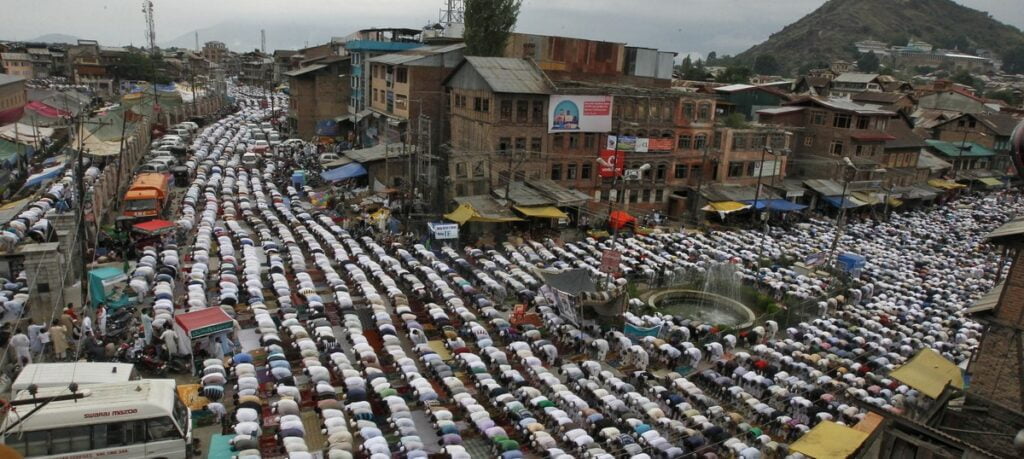
The practice is harmful to their health, as they are not getting the nutrients they need to stay healthy during the fast. The taboo also limits their ability to talk openly about their experiences and bodies, which can lead to feelings of guilt and self-doubt.
Women who have opened up and familiarised their families with menstrual health and rights in Islam, have stopped the pretence of fasting and have been able to take care of their health during Ramadan.
From a young age, Iqra was fond of keeping fast during the month of Ramadan as she used to wake up for sahoor (eating at dawn) to keep fast but when she started menstruating, she came to know that Islam exempts Menstruating women from fasting, so that women can rest and take care of their health. Yet her mother intimated to her that she attends sahoor.
“When I told my mother that I am having periods she told me I don’t have to keep fast but only to pretend that I am fasting so that male members of the family won’t be doubtful towards me, at first I was not able to understand why I have to keep it a secret, it was a natural process that our bodies go through, I wasn’t doing it intentionally but to prevent myself from feeling ashamed I followed what my mother said, I pretended to fast“, Iqra mentions to FII.
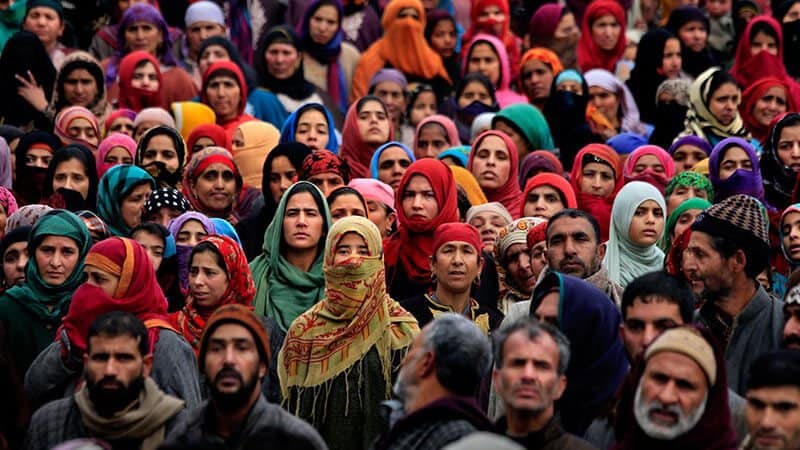
While reflecting on those days Iqra thinks that it was not only her mother who inculcated such a regressive mindset in her but the whole society at large.
“Go to any Kashmiri household and ask the male members of that family do they know something about menstruation, they don’t know anything, no one has ever told them about it, when I used to pretend to fast I used to eat few things during day time when male members used to go outside but I was always afraid what if my brother saw me eating he would go to every family member and tell them that I wasn’t fasting. I was only pretending today I am 23 years old despite having rough periods and a lot of body aches I still wake up for sahoor I don’t know what I am ashamed of “, Iqra adds.
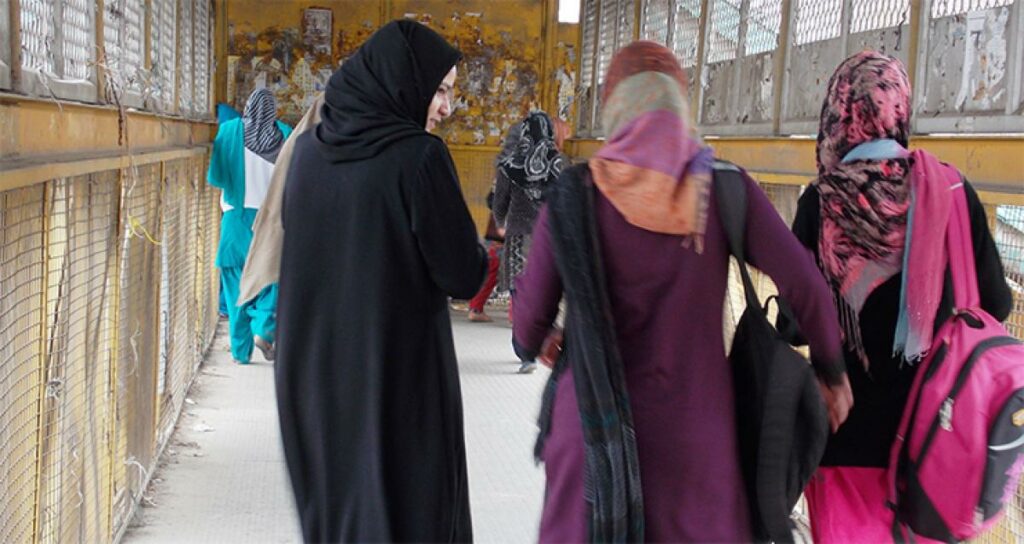
Also Read: Ramadan, Women and Menstruation: Forcing Virtues Down The throat
For people around the world, menstruation is discussed in family conversations in every household but in Kashmiri society even purchasing sanitary pads is considered a taboo, and more often existing social and cultural practices prevent the education of adolescent girls on menstrual health and hygiene. As a result, they are forced to resort to unhygienic and unsafe alternatives like old dirty rags which has negative implications for their health.
Feroza Ali a female Islamic scholar told FII, “In Islam, women are given exemption from fasting and praying during her period, Islam has always kept women ahead and it has fought for equal rights of women. It’s nowhere obligatory in Islam if a woman is sick and she’s in pain it’s not necessary for her to wake up for sahoor she should take rest because Islam is not a religion of torment and force, this menstruation cycle is a gift of Allah it is nothing to be ashamed of“
In Kashmir, appropriate awareness and right education on menstrual and reproductive health & rights remain understated and obscure. Ayman Zehra was in class 6 when she got her period for the first time. Being unaware of menstruation, when she saw the blood she cried and called her mother.
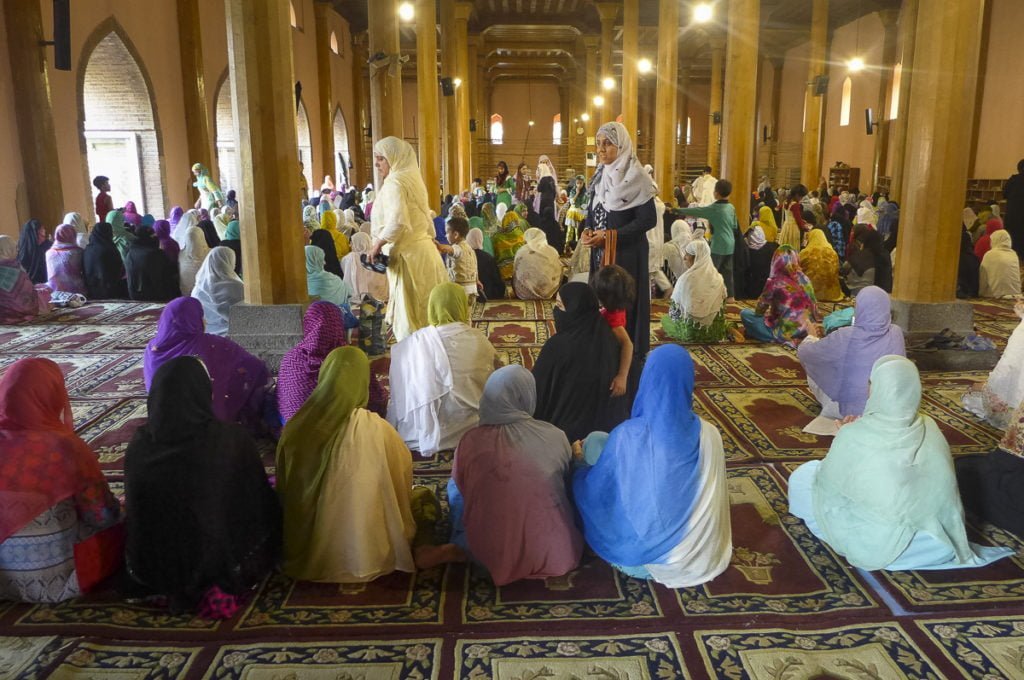
“My mother tried her best to shut my mouth but I was afraid I continued crying I remember asking her to call my father as I thought something was wrong with my belly but my mother told me it was normal and she gave me a cloth to use as a pad, it was very difficult for me to use those cloths I had no idea about pads it was through Anganwadi centres I came to know about them, later when I asked my mother to get pads for me she said it’s shameful to ask a man at a local medical shop to give her pads”, said Ayman to FII.
Ayman took a stand and retorted to her mother “go and get me pads or I will tell my father about it” and her mother agreed.
“Now as I have grown up I buy them online but in Ramadan initially, my mother used to wake me up for sahoor despite knowing that I am not obliged to fast later I fought with her and told her that she needs to change her ideology towards menstruation it’s nothing to be ashamed” she adds further.
“Unlike other women who force their daughters to wake up just to pretend to fast, I won’t do it. I will teach my sons about menstruation so that my daughter or someone else’s daughter won’t suffer due to these baseless traditions and culture. I won’t feel any shame for having periods“, says Fahmeeda Bano to FII.
Islam clearly gives freedom to menstruating women to abstain from fasting but it appears that societies make their own rules when it comes to women which can even mean bypassing what religion has ordained. It is not the responsibility of women to educate the men, it is their own responsibility to remove the facade of honour and reveal the mindset that patriarchy has inculcated in them.
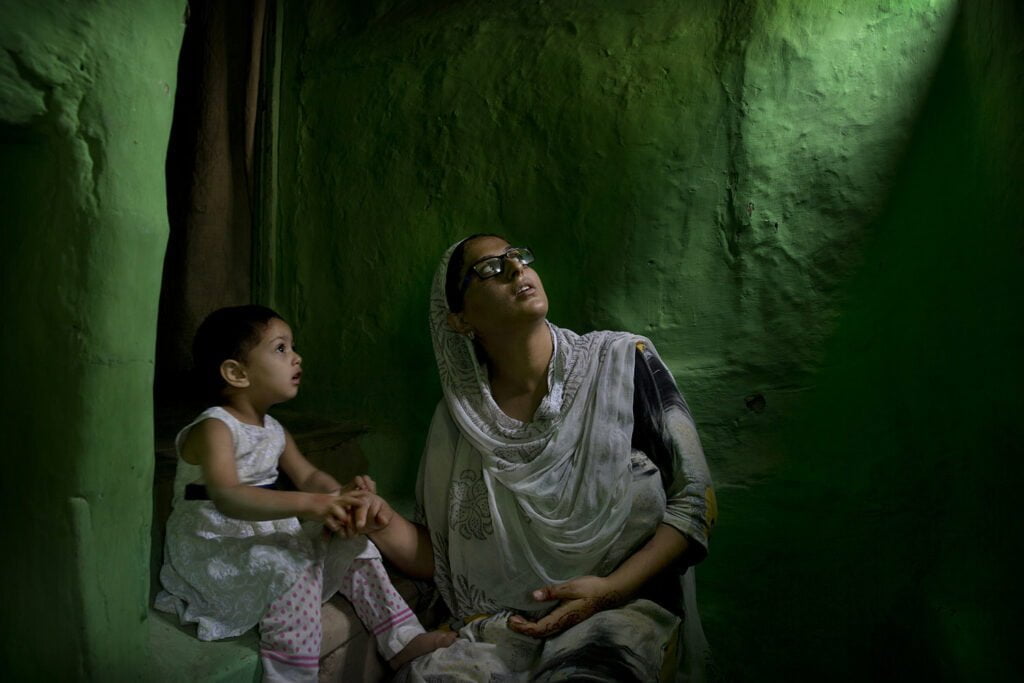
Feroza Ali a female Islamic scholar told FII, “In Islam, women are given exemption from fasting and praying during her period, Islam has always kept women ahead and it has fought for equal rights of women. It’s nowhere obligatory in Islam if a woman is sick and she’s in pain it’s not necessary for her to wake up for sahoor she should take rest because Islam is not a religion of torment and force, this menstruation cycle is a gift of Allah it is nothing to be ashamed of“
“Unlike other women who force their daughters to wake up just to pretend to fast, I won’t do it. I will teach my sons about menstruation so that my daughter or someone else’s daughter won’t suffer due to these baseless traditions and culture. I won’t feel any shame for having periods“, says Fahmeeda Bano to FII.
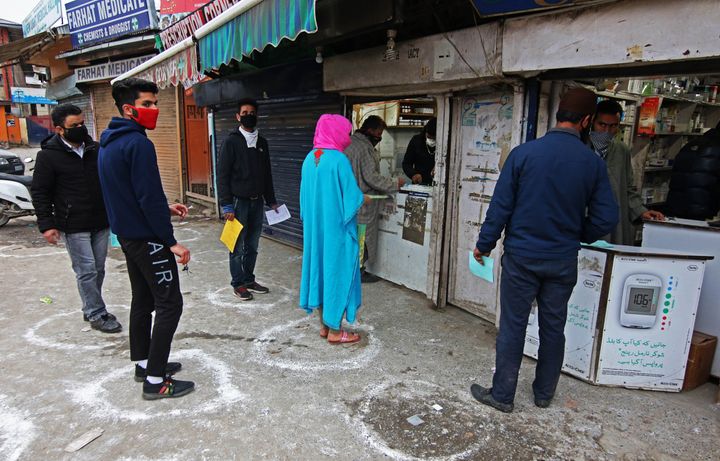
It is important to break the silence surrounding menstruation and to educate both men and women on menstrual health and hygiene. This includes providing access to affordable and hygienic menstrual products, as well as creating safe spaces where women and girls can openly talk about their experiences without fear of judgment or shame. Additionally, there is a need for greater awareness and understanding of the religious exemptions that allow women to abstain from fasting and praying during their menstrual cycles.
Also Read: How Syed Sehrish Asgar, Budgam’s DC, Is Challenging Menstrual Stigma In The Valley
By breaking down the taboos and stigmas surrounding menstruation, we can create a more inclusive and supportive society that prioritises the health and well-being of all women.
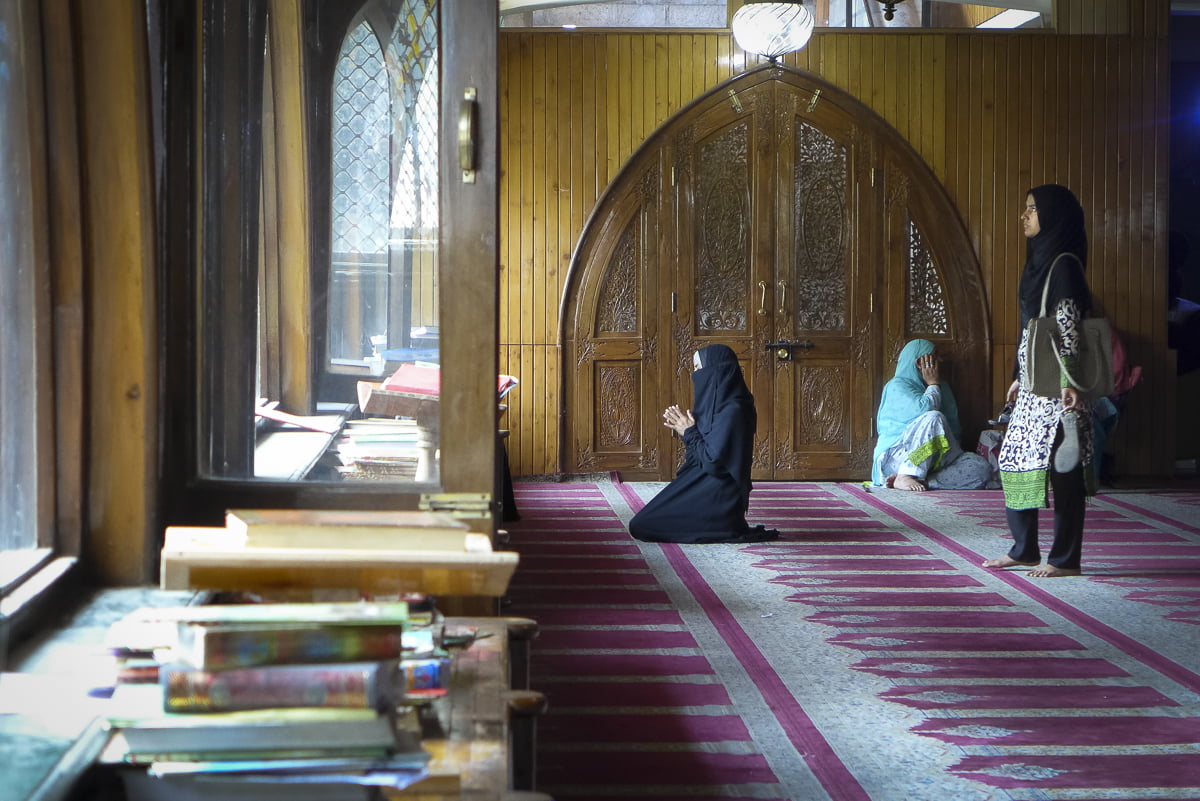


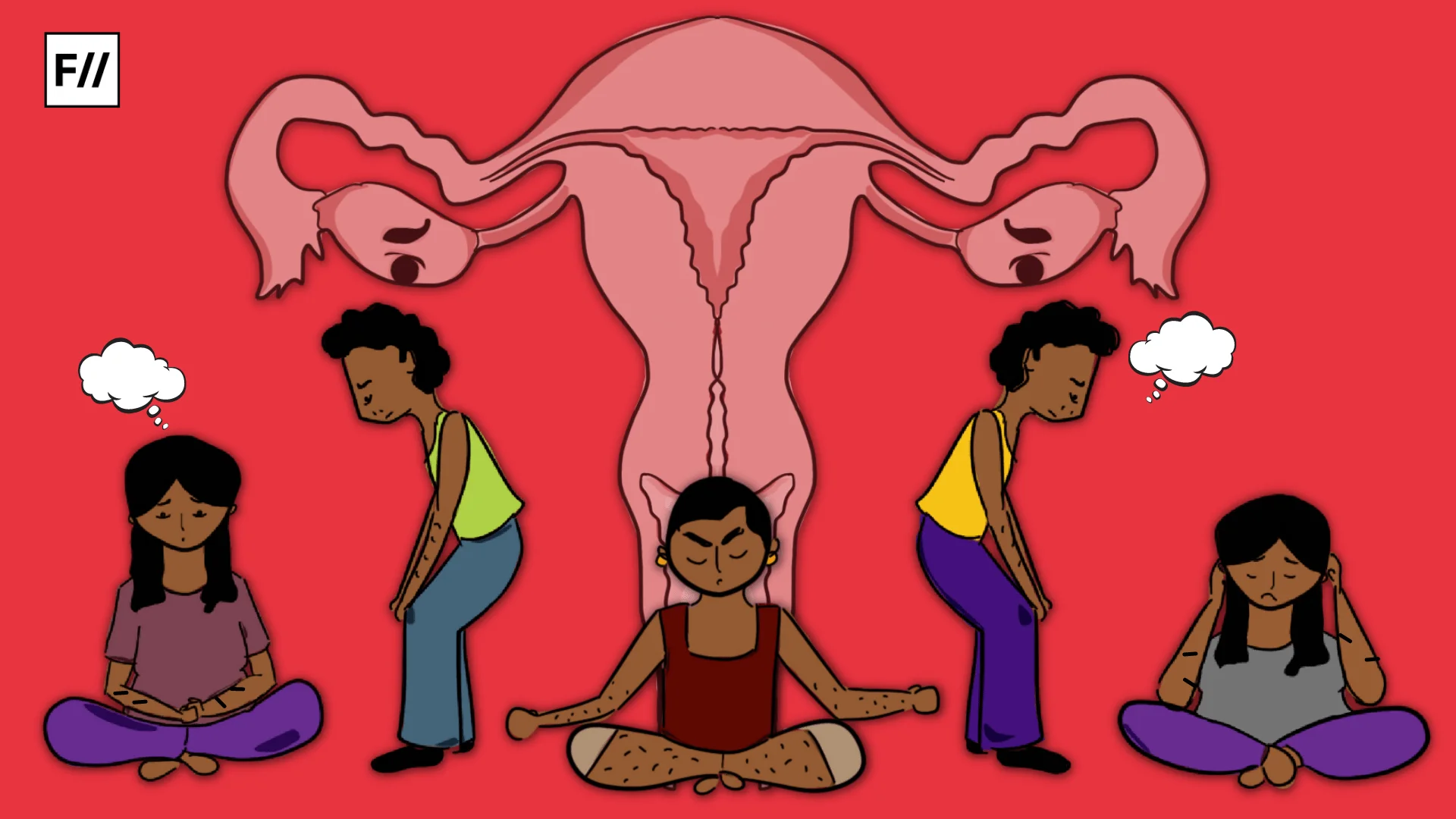

“During this month, Muslims fast from sunrise to sunset every day… ”
Fast is from dawn to sunset, not sunrise to sunset.
It is true that menstruating women are not supposed to fast (or pray or read the holy Quran). Anyone who forces a menstruating woman to fast will be sinful.
It is so sad and pathetic that due to not understanding the religion properly the male dominated societies put up their own selfish ideas in practice, which include a pagan practice found in some places called Halala, not having space for women to pray in mosques (unlike the middle east, where it is commonly available for women). These are the same people (so called ustaads) who have not read the history of Islam and early Muslims, where women were given official rights in an unprecedented way in the world cultures of those times. There were leading ladies in Islam of those times who preached and fought in battles as leaders. Alas!